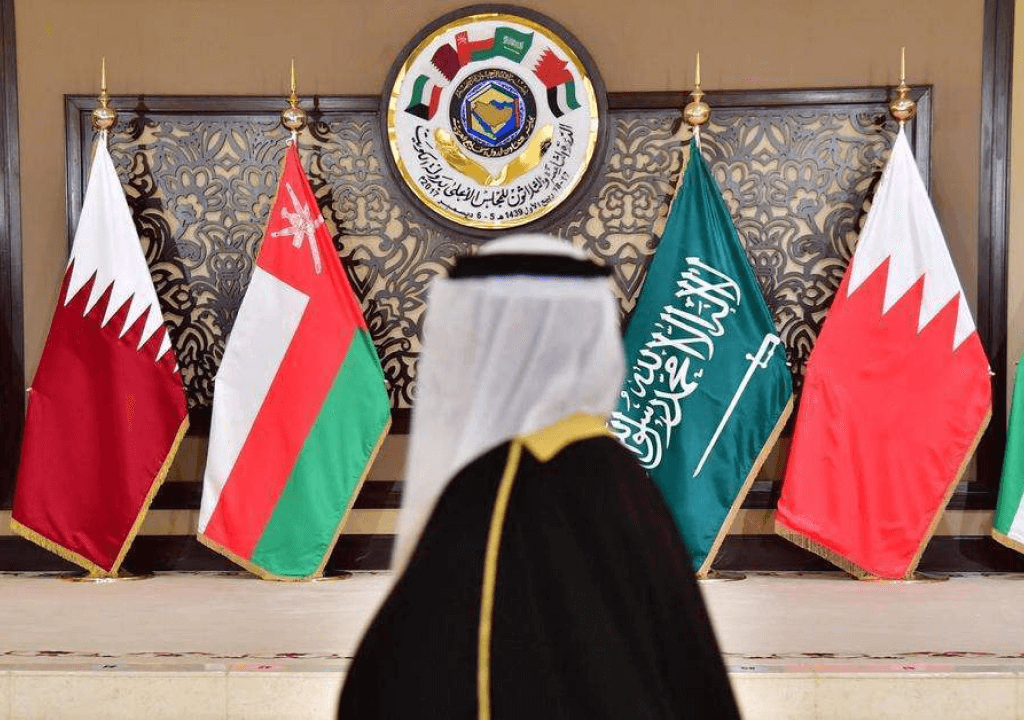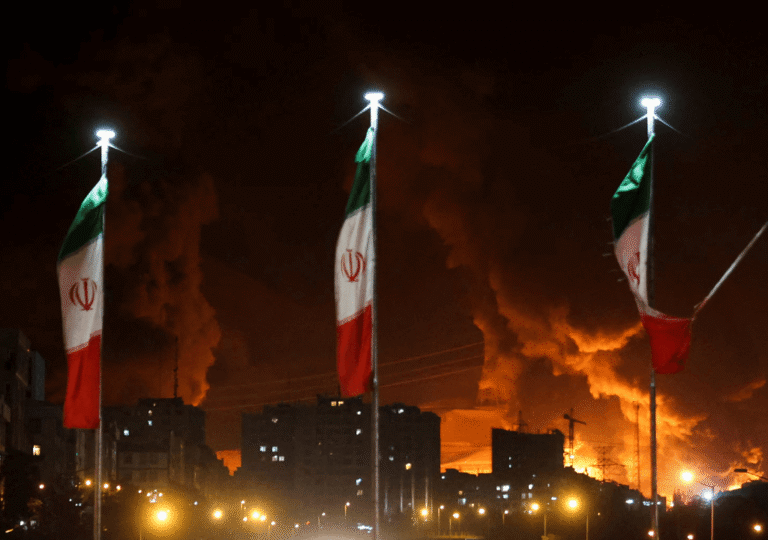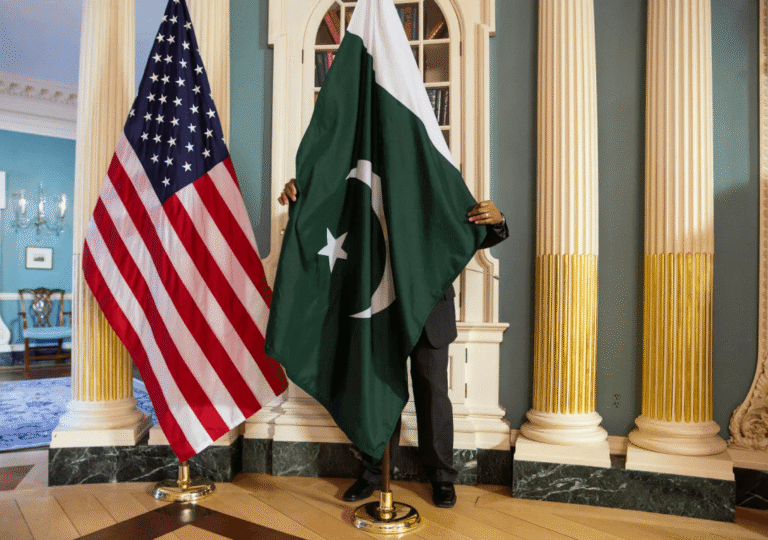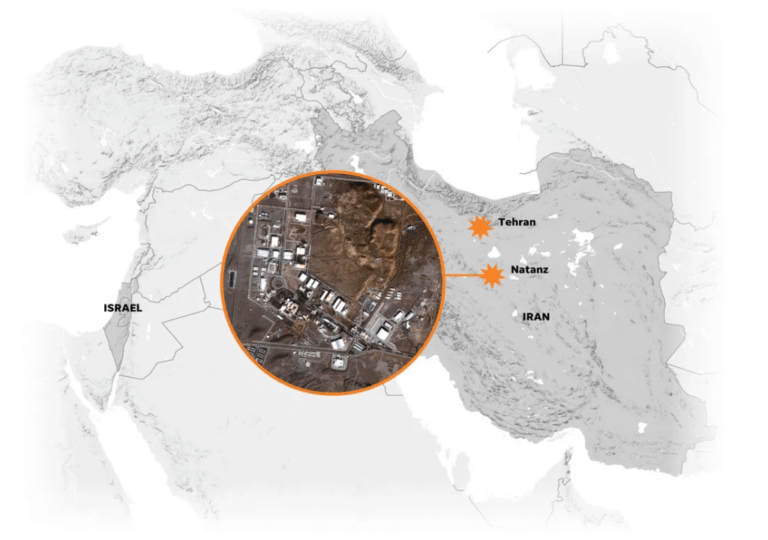While countries rapidly raise tariffs and sanctions, markets have become even more valuable. Forming a stable market with shared interests is seen as the solution to these increasing trade wars. The European Union, with its single market formed by the economic union, serves as a role model even in the most challenging times for international trade. Forming unified markets can bind nations together and provide more opportunities. This is evident in the growing desire to join the European Union, which continues to expand into new regions, leading them all towards economic prosperity. Together, they can compete with economic giants with massive markets like the United States and China. By taking the European Union as a model, many economic cooperation are evolving now. The Gulf countries, who formed the Gulf Cooperation Council (GCC), are among them. Even though they started decades ago and began implementing measures like a single visa and free border, they are still far away from forming a single market and creating a strong body like the European Union.
Challenges make countries cooperate. After the disastrous World War and the subsequent Cold War, Europe collapsed, and outsiders became prominent decision-makers in the region. To overcome these challenges, the long-time rivals of Europe began considering European cooperation by raising European identity and past European glory; eventually, this move led to the formation of the European Union and the Single European Market. They grew economically together and have now become a powerful entity capable of negotiations. The European Union, the multinational economic and political union comprising 27 European member states and is further expanding to more countries. The cooperation started with the Customs Union and then grew to establish a strong internal single market following a standardized legal framework and legislation applicable to member states. The States already joined, and Any state wishing to join the EU must agree to its policies, which ensure the free movement of people, goods, services, and capital within this “Pan-modern State”. Consequently, passport controls have been abolished at the borders within the EU. Among the European member states, twenty have formed a central bank and adopted a single currency, the Euro, which is one of the most valuable currencies now. While the European Union is progressing in economic terms, they are also developing foreign and security policies and agreements that benefit all member states. The EU maintains permanent diplomatic missions worldwide and has representatives in key organizations such as the United Nations, the World Trade Organization, and groups like the G7 and G20.With increasing influence and acceptability, many consider the European Union a superpower, demonstrating lobbying capacity through their combined strength.
Some Arab think tanks frequently accused the EU, as a Christian Union reminiscent of Medieval Europe who fought with Muslim countries, citing the delayed entry of Turkey and Albania despite them applying years ago. They frequently promote the establishment of a counter-Arab union that would grow into a strong economic union and possibly divide the wealth of nations like Saudi Arabia and the United Arab Emirates with less wealthy surrounding Arab states. In the same way that France and Germany help the poorer European nations. Many experts think that such a union may oppose the diverse interests of the area and create an Islamic superpower. The Gulf Cooperation Council (GCC), a regional political and economic union formed in 1981, comprises Saudi Arabia, the United Arab Emirates, Oman, Bahrain, Qatar, and Kuwait. It is the closest multinational intergovernmental body resembling the EU and one of the first to mimic it. Discussions have taken place regarding the potential future membership of Jordan, Morocco, and Yemen. The GCC could further expand to include many Islamic countries in Asia and Africa. While the GCC has not advanced as cohesively as the EU, in earlier times, Saudi Arabia proposed transforming the GCC into a Gulf Union similar to the European Union, with tighter economic, political, and military coordination. However, objections arose from other countries due to their disapproval of leadership. And all member countries prioritized construction projects that stunning the world and hosting the glamorous events over regional interests. It’s evident that the leaders hindered the evolution of the GCC akin to the EU. While a Customs Union was established in January 2003, it has yet to thrive like the EU’s single market. The idea of a common currency also faltered due to conflicts of interest. UAE, Oman announced it would not meet the target date for a common currency, Due to the decision to locate the central bank for the monetary union in Riyadh instead of the UAE. If it was realized, the GCC monetary union would rank as the second-largest supranational monetary union in the world by GDP. It’s sure the GCC has high potential like the EU. But there are not many politicians capable in GCC.
The Gulf region boasts some of the fastest-growing economies in the world and the highest GDP per capita. This growth is largely due to a surge in oil and natural gas revenues, combined with a construction and investment boom, and an increase in the hospitality business, all supported by decades of accumulated petroleum wealth. While the Middle East faces numerous issues, ranging from the Palestine conflict to increasing foreign influences, the idea of more cooperation between the countries evolving as a European Union-like body is indeed plausible for the GCC. However, the countries do not appear inclined to set aside individual interests in favor of collective growth. If the GCC formed an Arabian superpower, capable of successfully intervening in Middle Eastern issues, including the Palestine conflict, but the lack of willingness to cooperate remains a curse for Arab countries, often relegating them to mere satellites of powerful countries.








